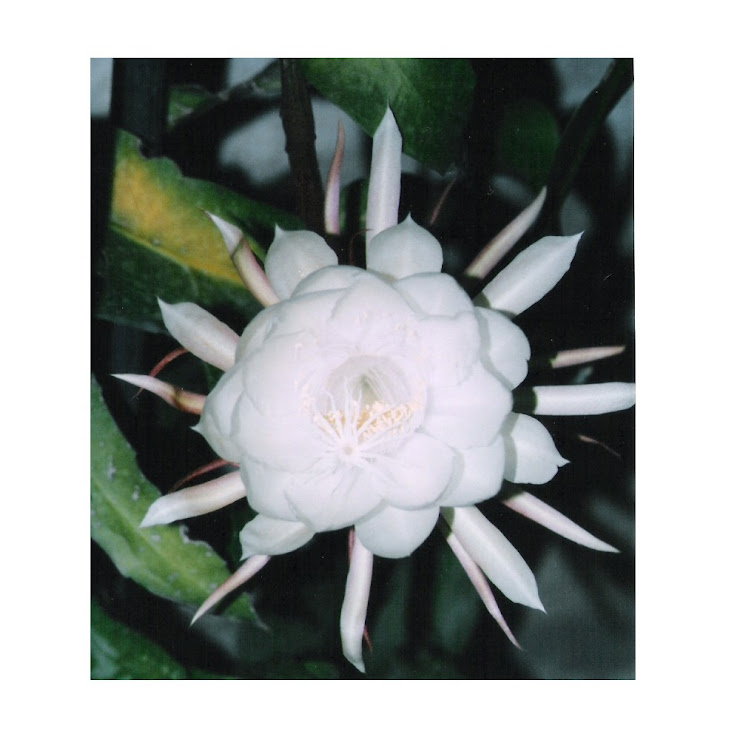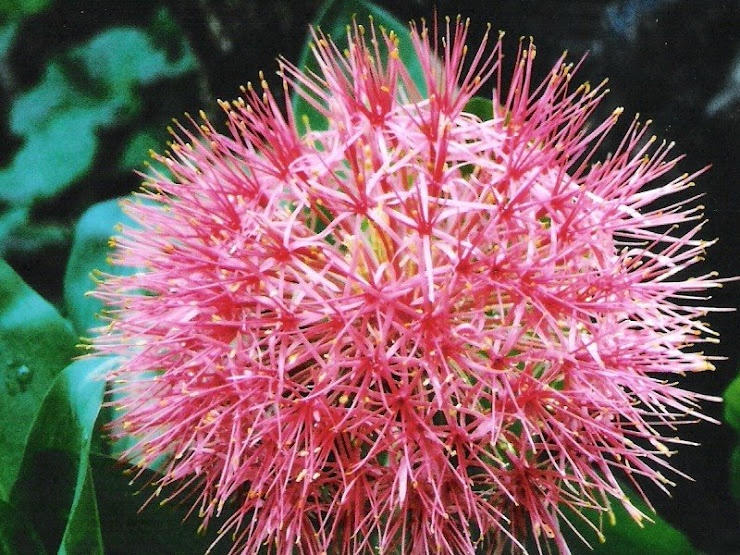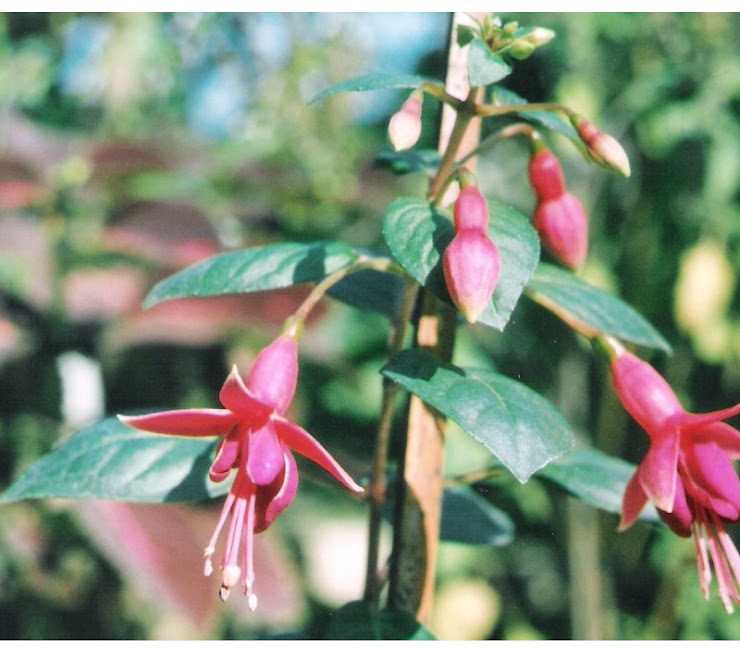To have
a thriving vegetable or flower garden, most plants require a little boost
during the growing season. This is partly due to a lack of nutrients and
microbes in the soil and also that many plants are actually heavy feeders,
requiring some form of fertilizer to do their best
There are a few different ways to make this tea - a popular one
uses livestock manure. It is recommended that you not use manure tea on root
crops such as carrots, turnips, radishes, beets or potatoes. These crops
require more potassium than they do nitrogen. While this would result in really
pretty top growth, it will not do much for root growth.
How to
make manure tea
There are a number of different types of manure that you can use
to make manure tea. These include cow, goat, horse and poultry. It is imperative
that you never use manure from carnivores such as dogs and cats as these
contain pathogens that may cause sickness. If you live in an area where there
are a lot of livestock, it should not be difficult for you to find some fresh
manure. You can also purchase manure from your local garden shop if necessary.
Two methods are commonly used to make manure tea:
Bucket Method
Bucket Method
1. Fill a
5-gallon bucket two-thirds of the way full with water.
2. Add
enough fresh manure to fill the bucket the rest of the way.
3. Allow
this to steep for two days. Stir twice a day.
4. After
steeping, allow the solid material to settle to the bottom of the bucket - this
may take an hour or so. Do not stir.
5. Pour
the liquid into another container for use.
6. Put the
solid manure in your compost pile.
Bag
Method
Fill an old feedsack or pillowcase with manure and place it in a
5-gallon bucket. Use the same proportions that are used with the bucket method
- 1/3 manure to 2/3 water.
Allow the bag of manure to steep for two days.
When you are ready to use the fertilizer tea, simply lift the bag out of the manure.
Allow all of the liquid to drain off and add the manure to your compost pile.
Allow the bag of manure to steep for two days.
When you are ready to use the fertilizer tea, simply lift the bag out of the manure.
Allow all of the liquid to drain off and add the manure to your compost pile.
Using
the Manure Tea
It is important to dilute the manure tea before using it -
otherwise it will be too strong for most plants. Use your eye as a guide to how
much water to add to the tea. Generally, you want it to be the color of very
weak tea. You can use this tea once a week, or as needed. Just pour around the
base of each plant, directly into the soil.
Worm Castings Tea Another way to make a great fertilizer tea is to use worm castings. This is often referred to as vermicompost tea. Instead of using animal manure to make your fertilizer tea, you use worm castings, or worm poop. This tea will provide a hearty boost of nutrients and microbes for your growing plants.
Worm Castings Tea Another way to make a great fertilizer tea is to use worm castings. This is often referred to as vermicompost tea. Instead of using animal manure to make your fertilizer tea, you use worm castings, or worm poop. This tea will provide a hearty boost of nutrients and microbes for your growing plants.
1. Cut a
pair of panyhose in half. Thsi will be your makeshift tea bag.
2. Fill
the tea bag with worm castings and tie at the top.
3. Place
the bag in water - be sure it is submerged.
4. Let it
steep overnight - it should be light brown. For best results, use the
fertilizer tea immediately on home and garden plants.
5. You can
put the tea in a spray bottle and spray the whole plant once a week. This tea
is also safe for seedlings and young plants.
6. Place
the worm castings in your compost bin.
Start saving money today by making your own nutrient-dense
fertilizer for your plants - they will reward you with vibrancy!








No comments:
Post a Comment